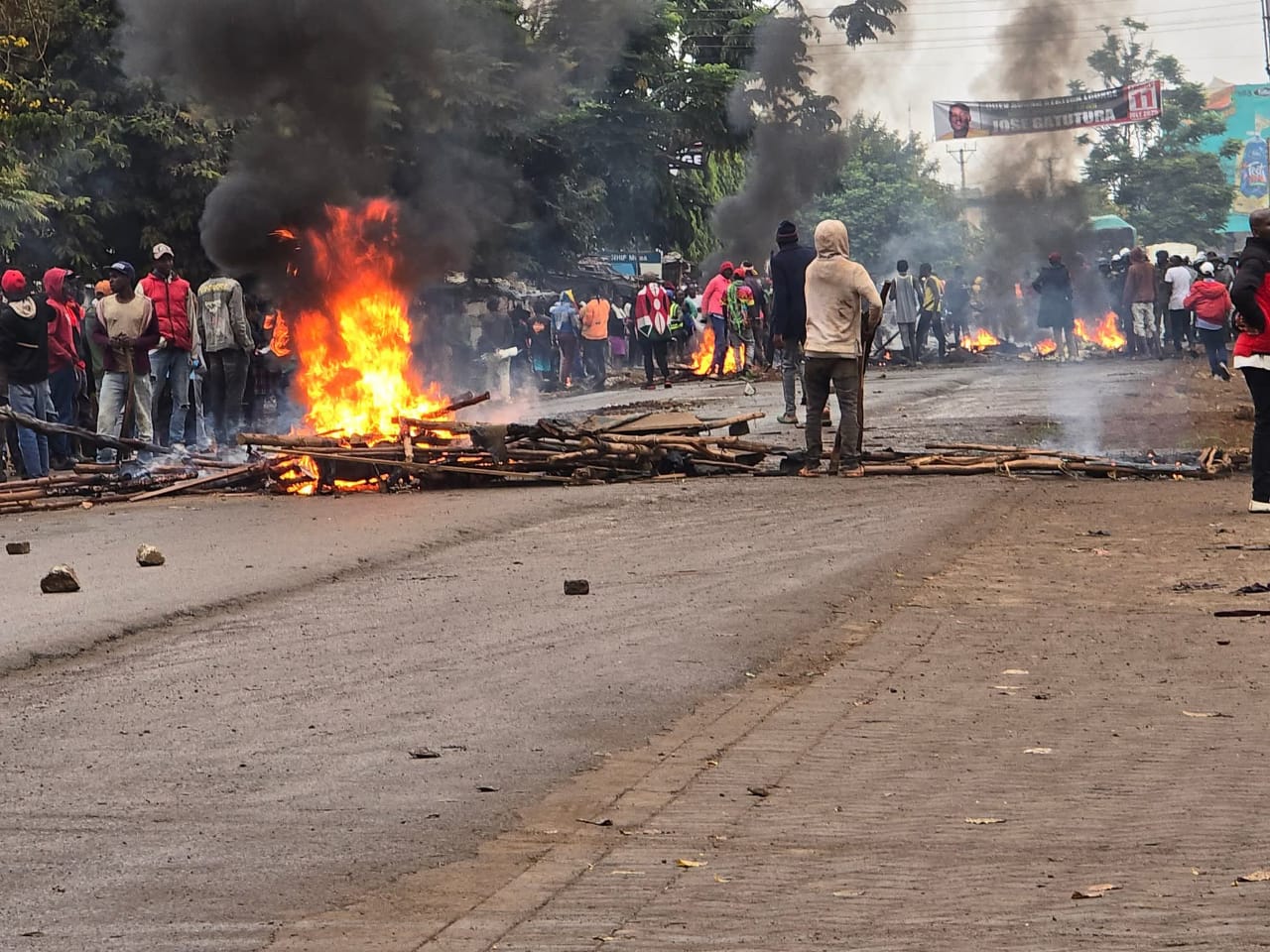Kenya has been placed on a global watchlist of countries experiencing a sharp decline in civic freedoms and human rights, following a surge in police brutality, arrests, and digital crackdowns targeting protesters and dissenting voices.
The country joins 51 others already listed for deteriorating civic space, with six new entries—including Kenya, El Salvador, Indonesia, Turkey, Serbia, and the United States—added this year by Civicus Monitor, a leading global watchdog on civil liberties.
The decision to include Kenya follows a wave of deadly protests on June 25 and July 7, where at least 65 people were killed and hundreds wounded, as security forces cracked down on demonstrations against the Finance Bill. In a statement released Wednesday, Civicus Monitor cited what it called “a disturbing escalation in State-led suppression of civic freedoms,” accusing the government of responding to public outcry with violence, arrests, and surveillance instead of dialogue.
“Civicus Monitor rates Kenya as ‘repressed,’ the second-worst rating a country can receive, indicating severe restrictions on the freedoms of expression, peaceful assembly, and association,” said Ine Van Severen, the organisation’s Civic Space Research Lead.
Civicus Monitor—an alliance of over 15,000 civil society organisations in 175 countries, including Amnesty International, Plan International, Oxfam, and Save the Children—tracks civic freedoms in 198 countries. Its ranking system classifies states from ‘open’ to ‘closed’. According to the watchdog, Kenya now falls under the ‘closed’ category—the lowest rating.
In its latest report titled “Police bullets, digital chains: State-sanctioned brutality in Kenya’s peaceful youth-led uprising,” Civicus documented extensive human rights violations during the protests, which were largely driven by young Kenyans.
“At least 65 protesters were killed, hundreds injured, and over 1,500 arrested. There were reports of rape and gang rape, allegedly perpetrated by state-sponsored goons deployed to infiltrate protests, attack demonstrators, and loot businesses,” the statement read.
Civicus highlighted the continued use of masked plainclothes officers operating from unmarked vehicles to detain citizens—a practice explicitly prohibited by court orders but still in use. The watchdog further condemned the government's use of anti-terrorism laws to target protesters and criminalise opposition.
“The use of terrorism charges against peaceful protesters raises serious concerns about the weaponisation of the legal system to criminalise dissent. Allegations that much of the violence was instigated by state-backed actors further underscore the systematic nature of repression. The Kenyan government has turned its back on the rights of the people,” stated Van Severen.
The group also expressed alarm over the growing restrictions on digital space, citing the recent killing of teacher and activist Albert Ojwang while in custody at Nairobi Central Police Station as another sign of shrinking freedoms. According to Civicus, this comes amid fresh efforts to introduce laws that could legalise widespread surveillance.
In particular, Civicus flagged concerns about a January 2025 government directive requiring social media companies to open physical offices in Kenya. The move, issued during a period of intense online criticism of President William Ruto, is viewed by civil society as a disguised attempt to weaken digital rights in the name of national security.
The watchdog called on Parliament to reject any legislation that may entrench mass surveillance and further limit the right to freedom of expression. Civil society organisations in Kenya have already voiced strong opposition to these proposals, warning that they signal a broader trend of silencing dissent and dismantling democratic accountability.

